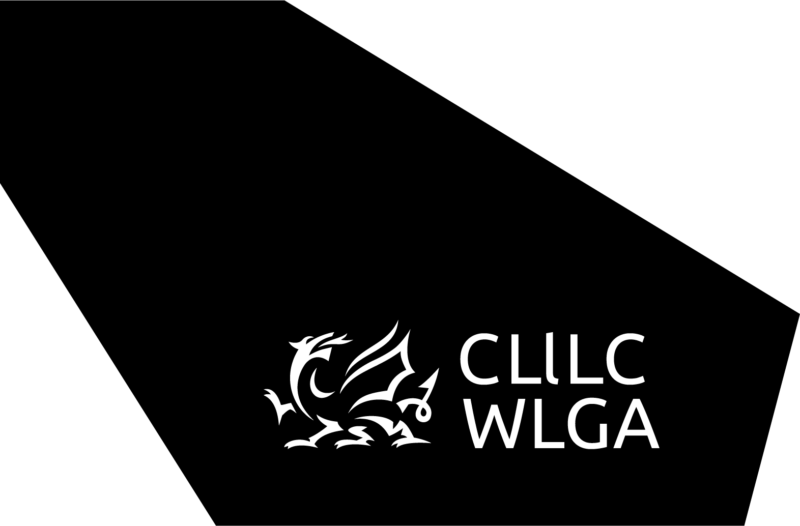D had a diagnosis of autism after retiring from a very successful career in the forces. Retirement was proving particularly difficult for him due to the lack of routine and structure in his life. D’s autism diagnosis was making him feel confused and frustrated and he wasn’t sure how to move forward from this and learn to embrace his diagnosis. D was also beginning to feel more and more isolated, leading to him feeling very low.
After a meeting in an information HUB, D was invited to attend a post diagnostic workshop. At the first meeting, D felt very nervous and unsure of what to expect. However, after hearing the psychologist speak and listening to autistic members of the group share their thoughts and feelings about their life as autistic people, D soon realised that they were all experiencing similar feelings, worries, and thoughts. This fostered a sense of connection for D.
By the second meeting, D was starting to contribute more and engage with other members of the group. As the course neared its close, D shared his thoughts and worries with the group and became much more open to conversations. He grew in confidence and became a vocal spokesman for the group. D also arranged to swap contact details with other members and offered support to another member of the group that was visibly struggling with their emotions.
D thanked the team for inviting him to the course and was clearly moved by how much he felt he had achieved by attending.


